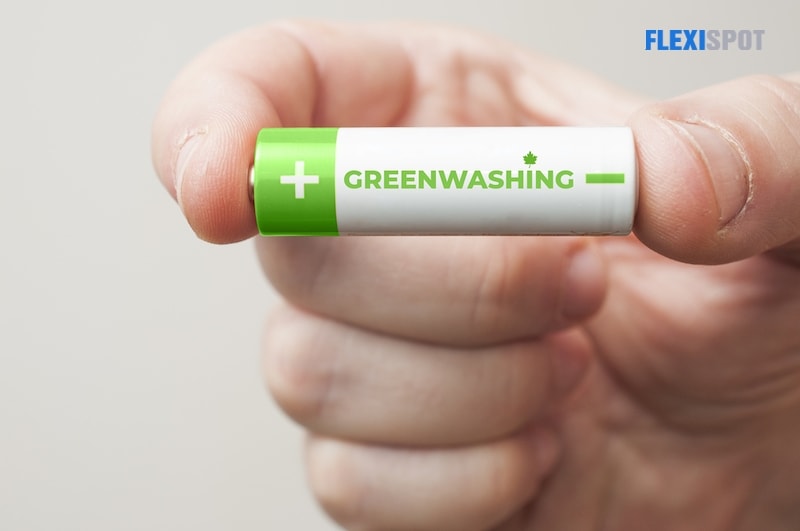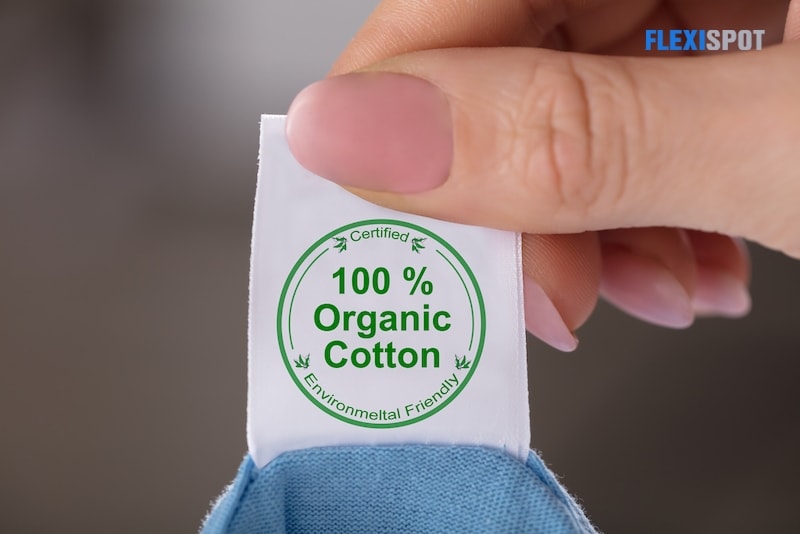It can’t be denied that in recent years, there has been an uptick in sustainable businesses or companies starting green programs. Markets are changing and companies are vowing to do better for society and the planet. The impact of going sustainable has become more enticing and quantifiable for businesses. They have seen the potential growth of shifting to an eco-friendly enterprise, especially that more people nowadays are becoming earth warriors and have added sustainability to their criteria of companies to support. There are lots of niche markets that can be tapped into, both locally and internationally, with the advantage of being first and new.

Because of the growing enthusiasm and support for sustainability, many have executed or attempted to identify themselves as green or sustainable. It has become so apparent that a term was coined for it: greenwashing. Essentially, greenwashing is a marketing strategy employed by companies to make their image to the public eco-friendly. They exaggerate claims that their products are environmentally friendly, all in an attempt to lure their market into purchasing and choosing them over their competitors. This misleads consumers into thinking that they are living a sustainable life by purchasing products from a certain company branded as eco-friendly.
There is nothing wrong to market a company as green if it really is starting initiatives that are helping save the planet. Lying about these initiatives is another story. We’ll help you spot the legit ones versus those that are just deceiving the public by asking the following questions:
1. How transparent is the company with its processes, materials, and sources?
When a company is indeed doing sustainable efforts, why would it shy away from detailing them if it solidifies its claim? A company that’s transparent with its production and delivery processes shows confidence.
2. What are the company’s third-party-label certifications? How legit are these certificate-giving bodies?
You have to be wary of third-part-label certificates as this can also be used to greenwash the company’s environmental claims. Check what certificates does a company claim to have and then check the credibility of the body that awarded it to them. The Internet is a rich source to check what are legit versus those that look good on paper.
3. What are the hidden trade-offs?
You have to check what the company had to give up or employ in order to claim itself or its products as “sustainable.“ For example, paper with the label “10% recyclable” may have harmful chemicals in the rest of its materials. It may have passed through toxic processes that could have done more harm to the environment than helped it.
4. Does the company vow to commit to sustainability?
Single claims without a present and future commitment to the cause may most likely be greenwashing. Without a clear direction for its sustainability efforts, the company or business must have just joined the bandwagon in order to deceive consumers into buying their products.
5. Do the claims follow the Federal Trade Commission’s Green Guides?
The FDC released a guide last October 11, 2012, on the use of environmental marketing claims. The document is readily available online so if you’re thinking of shifting to a sustainable route for your business, you must check this guide on how to market the company as eco-friendly. If you’re a consumer, this guide can tell you how to spot a legit sustainable claim or if it’s just greenwashing and taking advantage of the trend.
Flexispot Stays True to Its Sustainable Commitment
It may not be perfect but Flexispot is one furniture company that’s the commitment to do better for society by having climate-positive offers. The company’s core mission has always been to improve the lives of its clientele, and it has never failed. Flexispot carefully considers the pros and cons of every choice it makes and the impact it could have on the lives of its customers, the communities it caters to, and the state of the planet. The company acknowledges that they have just tackled the tip of the iceberg. It is nowhere near its goals but wants to inspire others to start now, even if it’s just a small initiative.
Partnering with One Tree Planted Project, Flexispot has so far planted 500 trees in various areas around the world. Flexispot has pledged on behalf of its customer to plant one tree for every purchase of its sustainable bamboo-made products.
More sustainable materials for its desktops are being sourced and taken to the headquarters. One of the company’s obvious choices is bamboo because it grows faster and in greener conditions. As of writing, the company continues to develop more standing desks made from 100% bamboo sourced in Asia. Because of its orders, locals are given access to stable jobs.
As a major contributor to global waste, packaging was one of Flexispot's first targets. This company uses recycled materials to package every product sold.
Moreover, the company did not make a singular environmental claim but rather laid out its clear vision for the future: donate $10,000 to a nonprofit organization that supports sustainable causes and plants 1,000 trees globally with One Tree Planted.
Flexispot hopes to work together with its clientele and employees in ensuring a more sustainable world.
Final Thoughts
No company is perfect as well as any sustainable effort. Even consumers are trying their best but can never practice a completely perfect sustainable way of life. This does not mean however that their efforts are put in vain. In one way or another, it helps to contribute to the bigger goal of saving the planet from further destruction and preserving it for future generations to come.
It’s another story when companies deceive the public with an eco-friendly image in order to get more foothold in the market. Using it as a strategy is welcomed because one, a company has to earn a profit; and two, it sets an example for other businesses to follow suit. False claims are, however, not welcomed. While this won’t warrant any jail time, the Federal Trade Commission encourages businesses to be wary of the environmental marketing claims that they make to the public.




